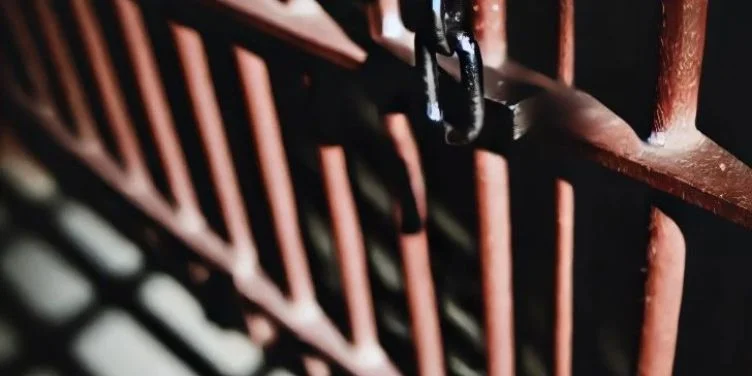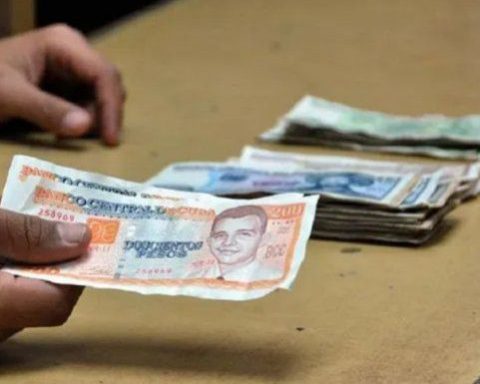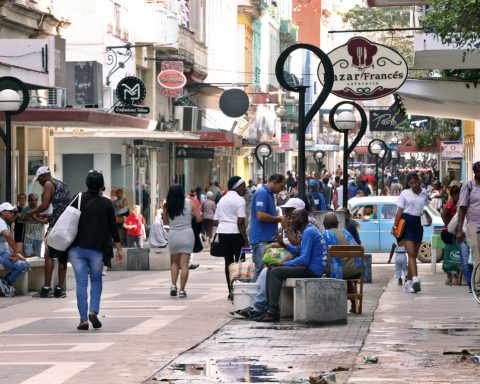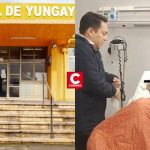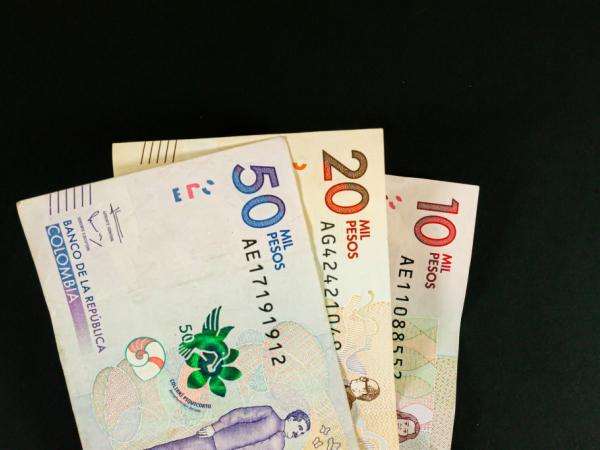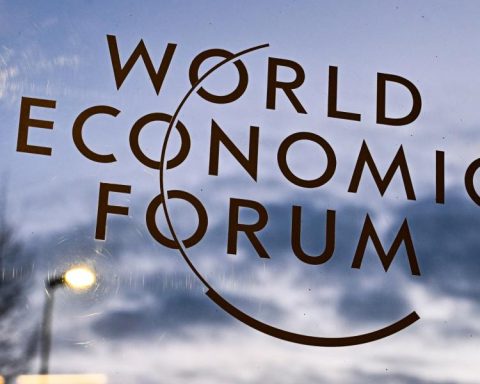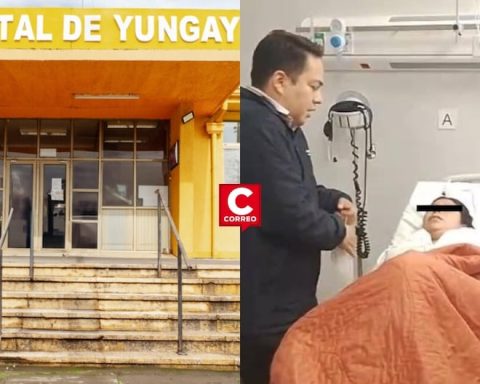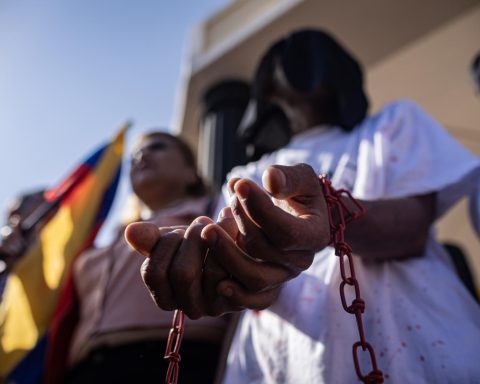MIAMI, United States. – In your latest report (September 2024), the Cuban Prison Documentation Center (CDPC) reported a wide range of abuses against inmates across the country, from terrible living conditions to physical violence, extreme isolation, and denial of medical care.
The testimonies of the prisoners and their families, together with the observations of human rights organizations collected in the report, paint a gloomy picture of the prison situation in Cuba.
One of these testimonies comes from José Daniel Ferrer Garcíaleader of the Patriotic Union of Cuba (UNPACU) and political prisoner in the Mar Verde prison, in Santiago de Cuba. Ferrer, who has been in isolation for more than a year, described his situation like a “living tomb”. In a letter sent from prison, he denounced: “The dictatorship has buried me alive,” referring to the extreme isolation and deplorable conditions in which he and other inmates find themselves. According to Ferrer, the food that the prisoners receive “competites with that received by the victims in the Nazi concentration camps.”
The CDPC report documented 100 events involving people deprived of liberty in September. Of these, 79 occurred within prisons and detention centers in 39 facilities across the country. Havana, Villa Clara and Camagüey were the provinces with the highest incidence of rapes. In total, 55 inmates were victims of abuse, including 50 men and five women, while 10 of the complaints referred to situations that affected the entire prison population of certain establishments.
The most common violations include harassment and repression (55 cases), denial of medical care (26), use of punishment cells (18), poor nutrition (15), and poor living conditions (12). These violating practices are carried out mainly by agents of the penitentiary system and State Security officers who operate inside the prisons. The report identifies 27 people directly involved in these abuses, including 25 prison officials, a State Security officer and an inmate acting under orders from the prison authorities.
Poor nutrition is a recurring problem in Cuban prisons. In addition to José Daniel Ferrer, other inmates, such as Gregorio Rafael Ocaña García, also compared the quality of the food with that given in the Nazi concentration camps. Ocaña, imprisoned in the Guamajal Prison and the Villa Clara Provincial Prison, denounced that the rations are so poor that many inmates suffer from malnutrition. This serious food situation, combined with unsanitary conditions, has caused an increase in illnesses among prisoners.
The CDPC report also highlighted the cases of 23 seriously ill inmates who have not received necessary medical care. Two of them, Yoan Ramírez Rosales (Las Tunas Provincial Prison) and Geovanis Ramón Álvarez Tamayo (Baraguá Prison, Santiago de Cuba), died due to lack of adequate medical care. Two other inmates, Iroel Rodríguez Rodríguez and Fidel Olivares Rodríguez, died from prison violence, including beatings by guards and other inmates.
The use of violence to repress prisoners is another common practice in Cuban prisons. Idaelso Guevara Cárdenas, held in the Nieves Morejón Prison in Sancti Spíritus, was brutally beaten by guards for holding a sign with the phrase “Patria y Vida.” According to the report, Guevara was left passed out and bleeding after the beating. In another case, Pedro Albert Sánchez, an elderly adult and cancer patient held in Havana’s 1580 Prison, was subjected to mistreatment, including beatings and the application of handcuffs so severely that they caused deep wounds to his skin.
Punishment cells are another means used by Cuban authorities to torture inmates. These cells, according to the report, are so small and poorly equipped that they classify as physical torture. Cancer prisoner Eduardo Ramírez González, from the Las Tunas Provincial Prison, was confined in a cell with mosquitoes, without access to an adequate bed and sleeping on the cement floor. Another case, that of Oscar Sánchez Madan, held in the Combinado del Sur in Matanzas, documents that he was isolated for six days, the first of which was handcuffed and without access to food.
In addition to physical conditions, inmates face severe restrictions on their communication rights. José Daniel Ferrer has gone more than a year and a half without receiving family visits or making phone calls. Other prisoners, such as Idaelso Guevara and Lizandra Góngora Espinosa, also suffer restrictions on their communications. Alejandro Camejo Paumier, for example, is allowed to call only under the supervision of guards who cut off the calls if he makes a complaint.
The report also details acts of corruption in several prisons in the country. In the San Rafael and Mijalito forced labor camps, in Cienfuegos, guards steal and sell bread and other food intended for prisoners, while inmates go hungry. Furthermore, in the Quivicán prison, the authorities allow the circulation of drugs, which has increased violence within the prison.
